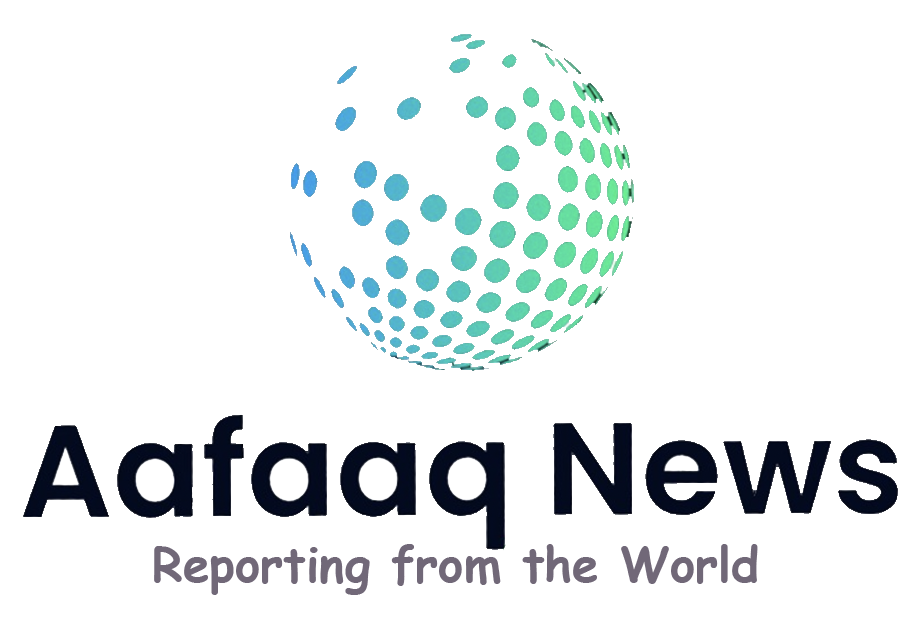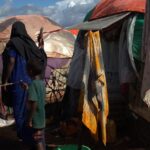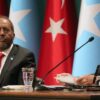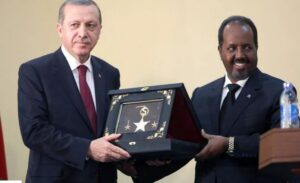In a landmark achievement, Somalia has successfully secured $4.5 billion in debt relief from the International Monetary Fund (IMF) and the World Bank. The country’s president, Dr. Hassan Sheikh Mohamud, highlights the strenuous decade-long path that led to this significant milestone and underscores the challenges that lie ahead in steering Somalia towards a better, albeit demanding, future.
The debt relief initiative was a critical response to Somalia’s staggering burden of unsustainable debt, which had persisted for over three decades. Between 2012 and February 2017, under President Mohamud’s leadership, the government recognized the urgency of engaging with international financial institutions and creditors to address the impediment to economic development.
At the outset, Somalia’s debt exceeded $5 billion, with mounting interest and charges making repayment impossible given the nation’s deep-rooted economic challenges. The government embarked on a rigorous debt relief journey through the Highly Indebted Poor Countries Initiative (HIPC) with the IMF. This journey demanded substantial macroeconomic and social reforms, aiming to address institutional weaknesses, enhance public trust, transform the economy, and create opportunities for the people.
The complexity of Somalia’s debt relief journey is underscored by the nearly decade-long effort, involving three administrations, two presidents, and four finance ministers. Remarkably, achieving debt relief became a unifying force among political actors in Somalia’s competitive landscape.
This process prompted a systematic review of Somalia’s economic history, fiscal borrowing, and the socioeconomic devastation wrought by almost three decades of civil war. Much of Somalia’s unsustainable debt comprised accrued interest payments that accumulated during the prolonged period of state collapse.
The economic reform efforts focused on rebuilding state institutions, improving public financial management, fostering good governance, transparency, accountability, and enhancing state-citizen relations. Central to these reforms was the prioritization of raising domestic revenue to sustain the federal government, support federal member states, and invest in essential public services such as education and health.
Having successfully navigated the debt relief journey, Somalia now boasts a credible national budget, expanding domestic revenues, and strengthened public financial management systems. The commitment to data-driven policymaking has increased the government’s capacity to target interventions at the most vulnerable segments of society. Notably, efforts to combat corruption have been intensified through legal actions against officials accused of misappropriating public funds.
Despite security and climate crises, Somalia has maintained progress throughout its economic reform program, thanks to the support of valuable bilateral and institutional partners. The experience underscores the importance of engaged and supportive international collaboration to accelerate reforms in developing nations.
The benefits of escaping Somalia’s massive debt burden include normalized relations with former creditors and access to new concessional financing for development investment. Somalia now aims to leverage its strategic location, young population, and abundant natural resources to attract investment in key areas such as agriculture, livestock, green energy, and the blue economy.
However, the road ahead presents challenges in sustaining debt levels amid a global economic slowdown and recurring shocks. Somalia’s strategy involves utilizing its resources to grow the economy and attract investments while addressing global challenges like terrorism and climate change. The recent membership in the East African Community is expected to open new markets, contributing to economic resilience.
In the interconnected world we live in, fragile states like Somalia should not bear the sole burden of financing global challenges. Addressing issues such as global terrorism and climate change requires accessible and predictable financing for both short-term and long-term measures. The international community must engage in serious conversations about equitable burden-sharing to ensure sustainable development for nations with limited resources.
While Somalia celebrates reaching the debt relief milestone, President Mohamud acknowledges that the real work of sustaining economic reform and creating progress has just begun, particularly in the face of a challenging international economic environment.














